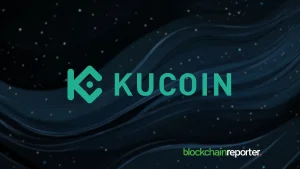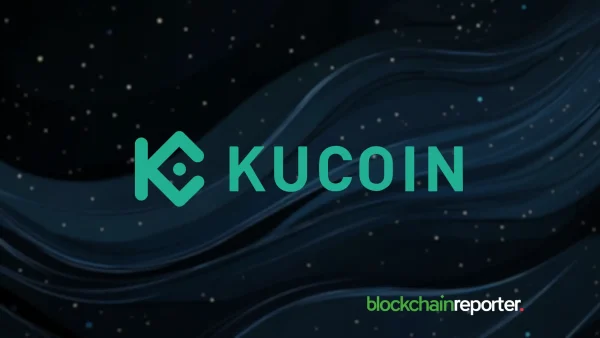
The public announcement of the launch of the Universal Monetary Unit (UMU), also known as Unicoin, at the International Monetary Fund (IMF) Spring Meetings 2023 has garnered an unprecedented global response. The Digital Currency Monetary Authority (DCMA) designed UMU as an International Central Bank Digital Currency (CBDC) and a monetary commodity. In light of this, the DCMA released its Whitepaper last week, causing many individuals in the banking industry and private sector to contemplate its impact on cryptocurrencies.
Bryan Swann, the Former Deputy Chief Data Officer for the U.S. Treasury, said: “The Universal Monetary Unit architecture is a componentized framework that allows every central bank to configure its own AML, KYC, sanctions, and other compliance rules. The protocol enforces the appropriate origination and destination rules at the time of payment. This is a game changer in how cross-border payments can be more streamlined and cost-efficient.”
A Replacement for National CBDCs?
With Unicoin’s unique feature, some have raised questions regarding whether it can replace national CBDCs. However, according to Darrell Hubbard, the Executive Director of DCMA and chief designer of Unicoin, this is not the case. Hubbard asserts that Unicoin is a complementary money commodity that operates similarly to a CBDC but does not replace any legal tender currency. Instead, it works in tandem with existing currencies, reinforcing the monetary sovereignty of the local economy and monetary system.
UMU implements monetary policies to ensure that Unicoin remains a durable and robust store of value. It is recommended that national legal tenders are utilized to quote domestic and international trade, with UMU used solely as an equivalent value at the time of payment. Mike Ogbalu, Chief Executive Officer at Pan-African Payment and Settlement System (PAPSS), has assessed UMU as a potential store of value integration into PAPSS and had this to say about the platform: “Well done. That was inspiring.”
The Universal Monetary Unit, represented by the ANSI Character Ü, is legally classified as a money commodity. UMU can transact using any legal tender settlement currency and operates similarly to a CBDC by enforcing banking regulations and safeguarding the financial integrity of the international banking system. Additionally, Unicoin is an international CBDC that can execute cross-border payments comparable to SWIFT, but through digital currency rails, bypassing the correspondent banking system.








